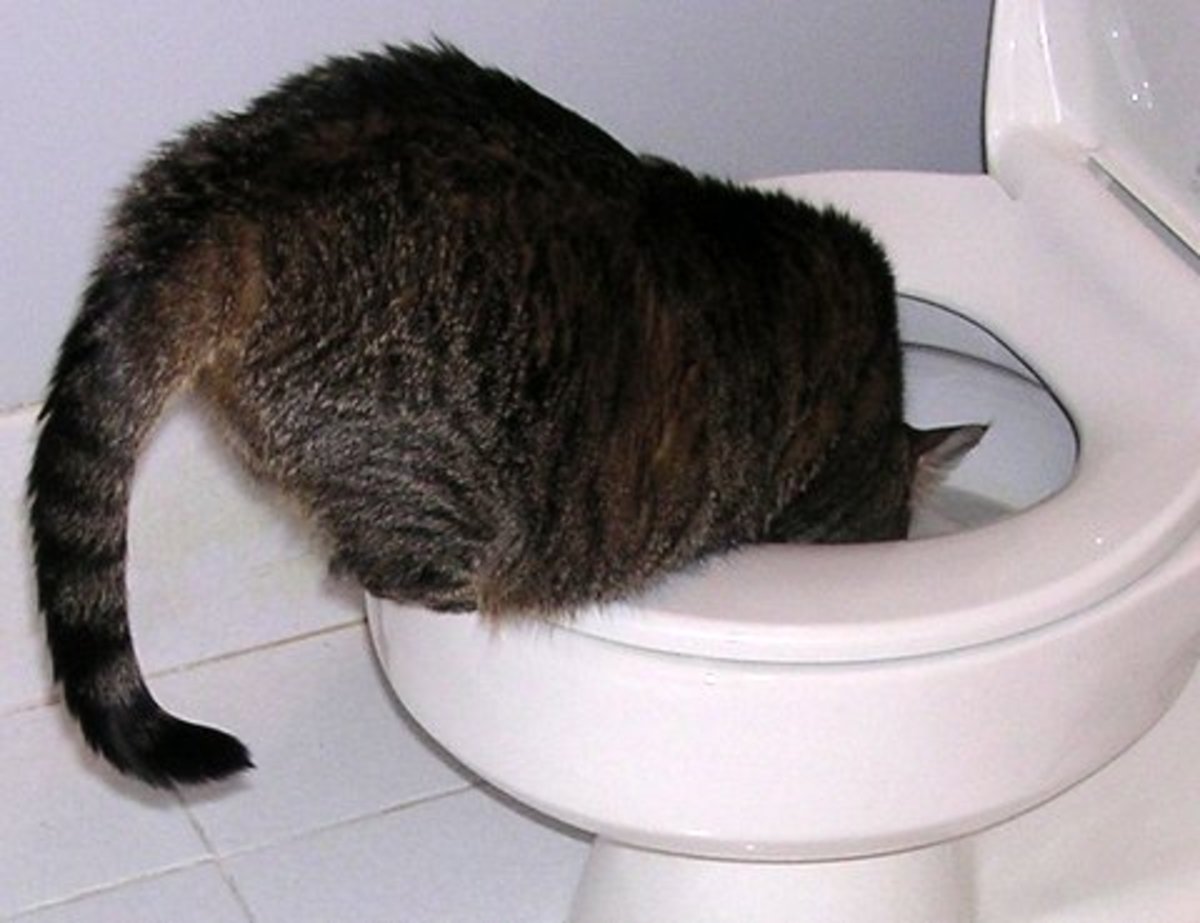Avoid Flush Cat Poop Down Your Toilet - Protect Your Pipes System
Avoid Flush Cat Poop Down Your Toilet - Protect Your Pipes System
Blog Article
This article in the next paragraphs involving Can You Flush Cat Poop Down The Toilet? is highly fascinating. Read on and make your own personal final thoughts.

Introduction
As feline proprietors, it's essential to be mindful of exactly how we take care of our feline good friends' waste. While it may appear practical to purge cat poop down the commode, this technique can have damaging consequences for both the atmosphere and human wellness.
Environmental Impact
Flushing feline poop introduces damaging virus and bloodsuckers into the supply of water, presenting a substantial threat to aquatic communities. These pollutants can negatively affect aquatic life and compromise water top quality.
Health and wellness Risks
In addition to ecological issues, purging pet cat waste can additionally posture health dangers to people. Feline feces may include Toxoplasma gondii, a parasite that can cause toxoplasmosis-- a possibly serious health problem, particularly for pregnant females and individuals with damaged body immune systems.
Alternatives to Flushing
Luckily, there are safer and extra accountable means to dispose of pet cat poop. Consider the adhering to alternatives:
1. Scoop and Dispose in Trash
One of the most common technique of dealing with feline poop is to scoop it right into a biodegradable bag and toss it in the garbage. Be sure to utilize a specialized clutter scoop and get rid of the waste without delay.
2. Usage Biodegradable Litter
Opt for biodegradable feline trash made from materials such as corn or wheat. These trashes are eco-friendly and can be safely taken care of in the garbage.
3. Hide in the Yard
If you have a lawn, think about burying cat waste in a designated area far from veggie gardens and water sources. Be sure to dig deep adequate to avoid contamination of groundwater.
4. Set Up a Pet Waste Disposal System
Invest in a pet dog garbage disposal system particularly designed for pet cat waste. These systems utilize enzymes to break down the waste, reducing smell and environmental influence.
Final thought
Liable family pet ownership prolongs past offering food and sanctuary-- it additionally includes proper waste administration. By refraining from flushing feline poop down the commode and going with alternative disposal techniques, we can reduce our ecological footprint and secure human wellness.
Why You Should Never Flush Cat Poop Down the Toilet
A rose by any other name might smell as sweet, but not all poop is created equal. Toilets, and our sewage systems, are designed for human excrement, not animal waste. It might seem like it couldn’t hurt to toss cat feces into the loo, but it’s not a good idea to flush cat poop in the toilet.
First and foremost, assuming your cat uses a litter box, any waste is going to have litter on it. And even the smallest amount of litter can wreak havoc on plumbing.
Over time, small amounts build up, filling up your septic system. Most litter sold today is clumping; it is made from a type of clay that hardens when it gets wet. Ever tried to scrape old clumps from the bottom of a litter box? You know just how cement-hard it can get!
Now imagine just a small clump of that stuck in your pipes. A simple de-clogger like Drano isn’t going to cut it. And that means it’s going to cost you big time to fix it.
Parasitic Contamination
Believe it or not, your healthy kitty may be harboring a nasty parasite. Only cats excrete Toxoplasma in their feces. Yet it rarely causes serious health issues in the cats that are infected. Most people will be fine too if infected. Only pregnant women and people with compromised immune systems are at risk. (If you’ve ever heard how women who are expecting are excused from litter cleaning duty, Toxoplasma is why.)
But other animals may have a problem if infected with the parasite. And human water treatment systems aren’t designed to handle it. As a result, the systems don’t remove the parasite before discharging wastewater into local waterways. Fish, shellfish, and other marine life — otters in particular — are susceptible to toxoplasma. If exposed, most will end up with brain damage and many will die.
Depending on the species of fish, they may end up on someone’s fish hook and, ultimately on someone’s dinner plate. If that someone has a chronic illness, they’re at risk.
Skip the Toilet Training
We know there are folks out there who like to toilet train their cats. And we give them props, it takes a lot of work. But thanks to the toxoplasma, it’s not a good idea.

Do you appreciate more info about How to Dispose of Cat Poop and Litter Without Plastic Bags? Make a remark down below. We'd be delighted to listen to your reactions about this page. In hopes to see you back again in the near future. Loved our blog? Please share it. Let others check it out. Thanks a bunch for your time. Visit again soon.
Call Today Report this page